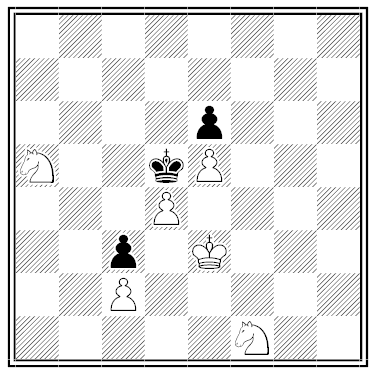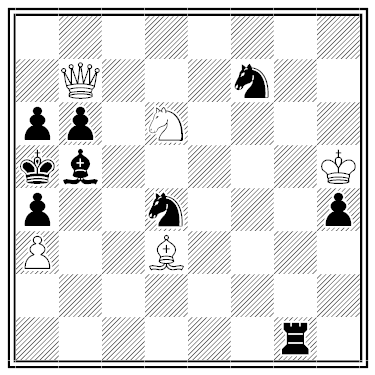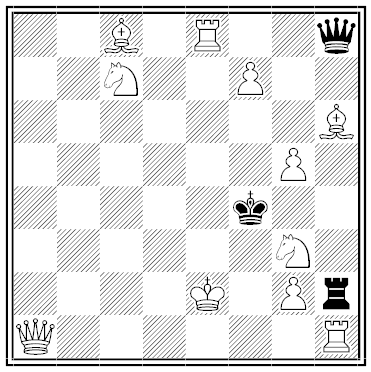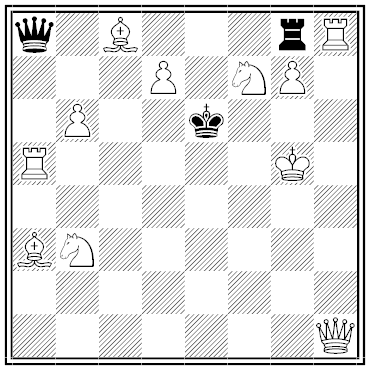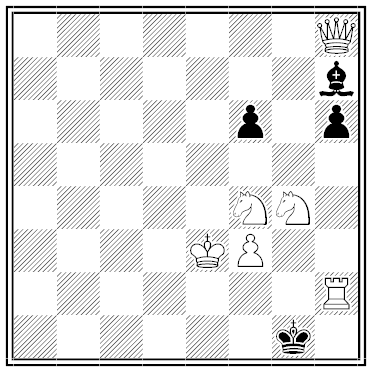Written in prison by Arthur Connor, a prominent figure in the Irish Rebellion of 1798:
The pomps of Courts and pride of kings
I prize above all earthly things;
I love my country, but the King,
Above all men, his praise I sing.
The Royal banners are displayed,
And may success the standard aid.
I fain would banish far from hence
The “Rights of Man” and “Common Sense.”
Confusion to his odious reign,
That foe to princes, Thomas Paine.
Defeat and ruin seize the cause
Of France, its liberties and laws.
Connor escaped in 1807 and made his way to France, where he became a general in the army. “These two apparently loyal verses, if properly read, bear a very different meaning,” writes Henry Dudeney. “Can you discover it?”
|
SelectClick for Answer |
“Read the first line of the first verse, then the first line of the second verse, next the second line of the first verse, then the second line of the second verse, and so on, when the treasonable character of the lines will be apparent.”
|

